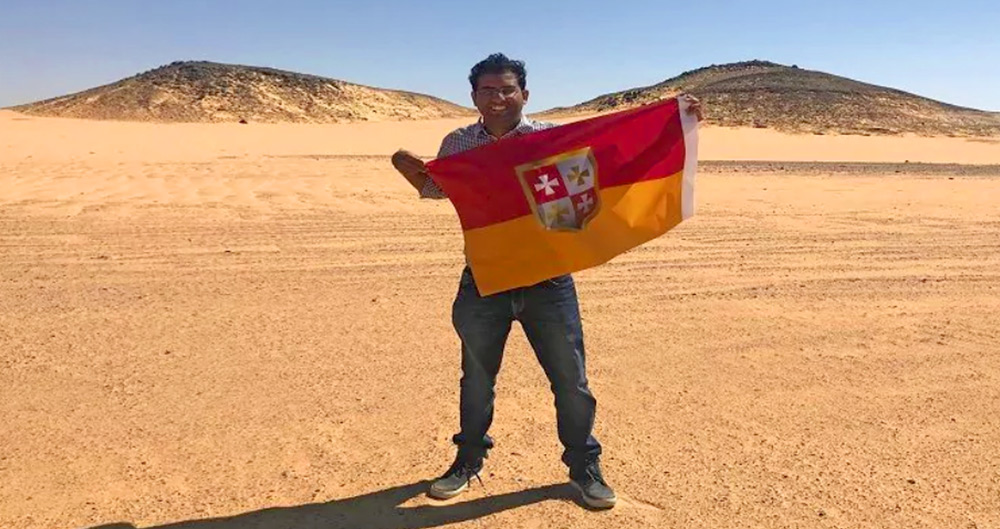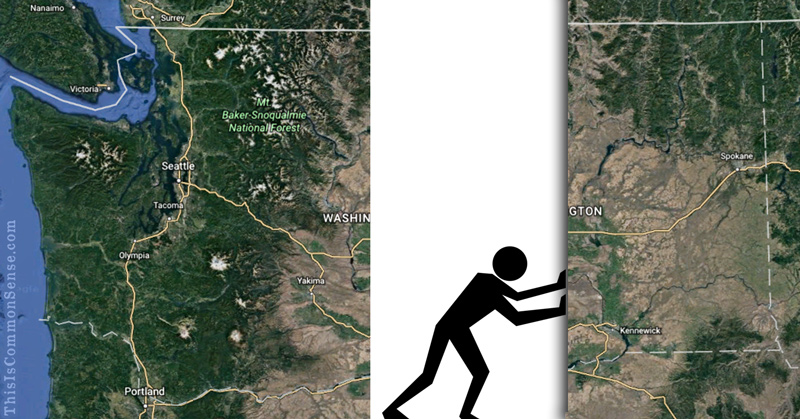Former U.S. Ambassador to Afghanistan Ryan Crocker sums up in a single word the recently announced framework of an agreement between the United States of America and the Taliban: Surrender.
“This current process bears an unfortunate resemblance to the Paris peace talks during the Vietnam War,” writes Crocker in a Washington Post op-ed. “Then, as now, it was clear that by going to the table we were surrendering; we were just negotiating the terms of our surrender.”
He’s not wrong.
It may seem strange that, after successfully toppling the Taliban government, a savage regime that had given safe haven to Al-Qaeda to launch its 911 attacks against us, we would now, nearly two decades later, be anxious to cut a deal with that same Taliban, even possibly bringing them into a power-sharing role.
Anything to get the heck out of Kabul and back to the good ol’ USA. And it is a recognition, right or wrong, that the Afghan government is unsustainable.
The alternative? Keep a significant contingent of U.S. troops in Afghanistan … forever. Or until we have fashioned a brand new westernized-Afghanistan that is no possible threat to us.
Yep, forever.
“Winning may not be an available option,” contends a new Rand report, “but losing … would be a blow to American credibility, the weakening of deterrence and the value of U.S. reassurance elsewhere, an increased terrorist threat emanating from the Afghan region, and the distinct possibility of a necessary return there under worse conditions.”
The same mistaken reasons we stayed in Vietnam.
This is Common Sense. I’m Paul Jacob.

See all recent commentary
(simplified and organized)
See recent popular posts




